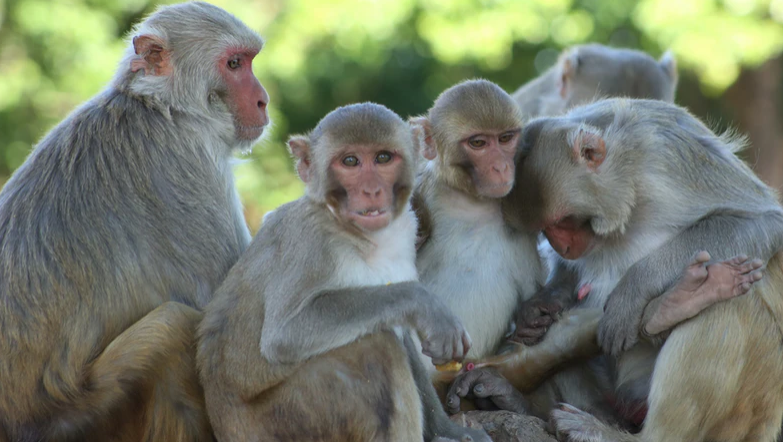Researchers have tried to learn more about the aftermath effects of the Coronavirus or COVID-19 by testing them out on Monkeys and the results have been quite better than expected.

Read Also : [UPDATE] Coronavirus Vaccine Begins Testing! Can We Be Expecting Its Release Any Time Soon?
Monkeys cannot be reinfected by the virus
Worldwide panic has started to become worse by the hour and some scientists have feared re-lapse to happen to patients after being infected and recovered. Scientists and researchers in China who have been eager to know more and learn about the Coronavirus, have tried to infect rhesus monkeys and allowed these creatures to recover.
After 28 days of the first infection, they re-exposed them again to the virus. Results have shown that these monkeys were observed to have developed and established some sort of protection against the virus or the infection and seemed to not have give in the second time around.
This research aims to help find a potential cure or vaccine against the coronavirus.
A research study led by Linlin Bao of the Chinese Academy of Medical Sciences in China along with other colleagues has infected four adult rhesus monkeys with the COVID-19. They then observed and monitored the creatures for 28 days including their weight, temperature and have resulted in various swabs and tests to try and assess the viral load.
They have also observed and seen the drastic change in weight and appetites wherein the four monkeys have lost at least 200-200 grams and have diminished appetites following the infection, plus higher rates in breathing.
After 28 days, two of the rhesus monkeys were exposed again to the virus with the same amount of dosage as the initial infection. Though temperature has risen temporarily, the swabs that were taken showed no signs of viral load whatsoever.
The researchers have stated that "Taken together, our results indicated that the primary SARS-CoV-2 infection could protect from subsequent exposures, which have the reference of prognosis of the disease and vital implications for vaccine design. From our current longitudinal study of monkeys, the reinfection could not occur if the monkeys produced the neutralizing antibody at an early stage after the primary infection. Correspondingly, convalescing patients won't be contagious when they build up enough specific antibody to develop immunity to SARS-CoV-2."
Some discharged patients in China appeared to test positive for Coronavirus again after recovering
This entire research was based on reports that some recovered patients have tested positive of the virus the second time around causing a little distress from the scientists and doctors saying that they had fear of relapse.
The team has said that further process and clarification of the diagnostic techniques, samples during testing and antibody monitoring from the lower respiratory tract is very much a key element for the cure or vaccine of COVID-19.
To know more about this research on the relapse effect, you can read their work on the bioRxiv repository.
ⓒ 2026 TECHTIMES.com All rights reserved. Do not reproduce without permission.




